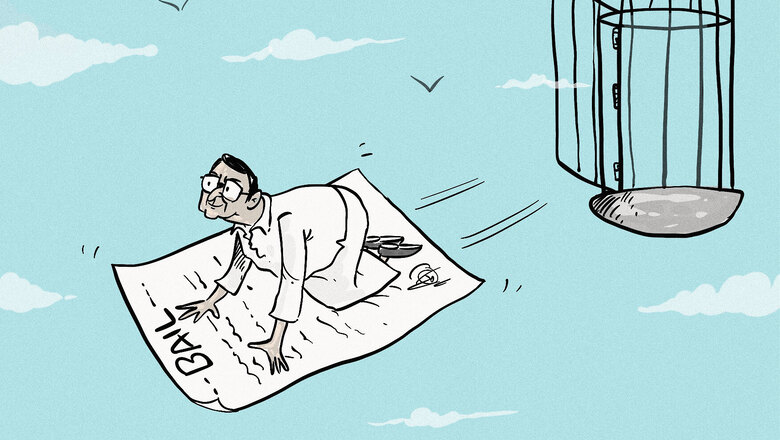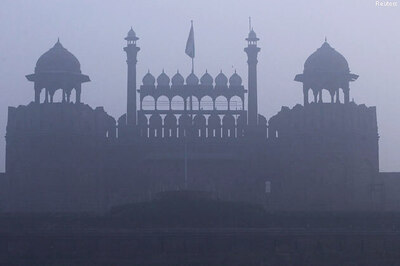
views
New Delhi: For the second time in three months, the Supreme Court decried the practice of 'sealed cover envelope' as it granted bail to former Union minister P Chidambaram in the INX Media case.
The top court held that a routine practice of investigating agencies adducing materials in sealed covers and courts relying upon them will affect the right to fair trial of accused.
A bench headed by Justice R Banumathi noted that such confidential documents, which are not given to the accused, cannot prejudice the right to free and fair trial.
The bench, also including Justices AS Bopanna and Hrishikesh Roy, was referring to a sealed cover envelope submitted by the Enforcement Directorate in the Delhi High Court.
While refusing bail to the former home and finance minister, the High Court had relied upon certain allegations made in this sealed cover envelope.
The top court noted that in the previous round of litigation when Chidambaram had approached it for the anticipatory bail, the bench had clearly held that while the HC judge could have perused such secretive documents, he should not have reproduced the entire note in his order.
"If that be the position, in the instant case, the learned Judge while adverting to the materials, ought not have recorded a finding based on the materials produced before him," said the SC bench.
While the HC judge was empowered to look at the materials produced in a sealed cover to satisfy his judicial conscience, it maintained that the HC ought not to have recorded finding based on those materials.
The apex court referred again to its previous order in September when it had declined to look into the sealed cover submitted by the agency even though it had declined to give pre-arrest bail to Chidambaram in the ED case.
"This Court had consciously refrained from opening the sealed cover and perusing the documents lest some observations are made thereon after perusal of the same, which would prejudice the accused pretrial," highlighted the bench.
"In that circumstance though it is, held that it would be open for the Court to, peruse the documents, it would be against the concept of fair trial if, in every case the prosecution presents, documents in, sealed cover and the findings on the same are recorded as if the offence is committed and the same, is treated as, having a bearing for denial or grant of bail," held the bench.
The top court also expressed its compulsion to look into the sealed cover in the present case since the HC judge not only examined it but also recorded his findings based on these materials.
It, however, added that the bench would not comment on the sealed cover's contents, which included allegations of Karti Chidambaram opening shell companies and also purchasing benami properties in the names of relatives at various places in different countries.
"Except for recording the same, we do not wish to advert to the documents any further since ultimately, these are allegations which would have to be established in the trial wherein the accused/coaccused would have the opportunity of putting forth their case, if any, and an ultimate conclusion would be reached," said the bench.
In granting bail to Chidambaram, the court also included an additional condition that he shall not give any press interviews nor make any public comment in connection with this case qua him or other coaccused.




















Comments
0 comment